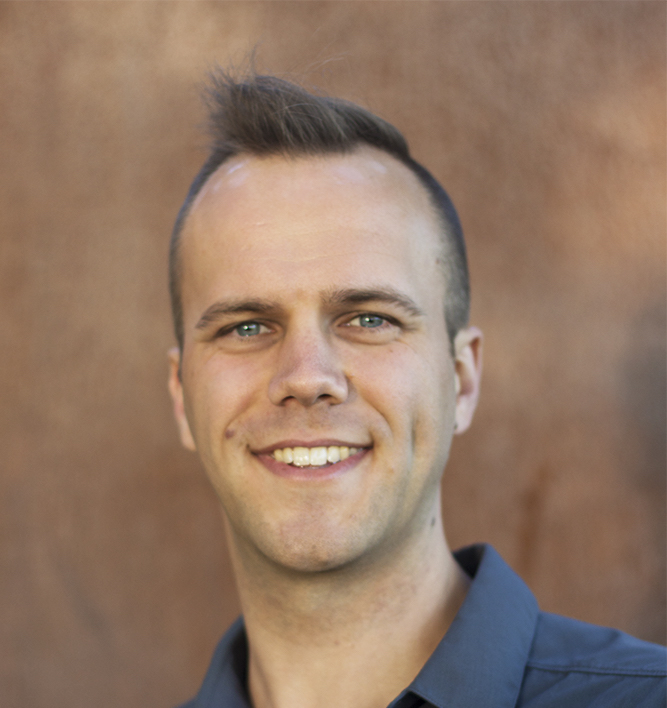Post-doctoral research fellow
University of British Columbia
What are you currently doing in your career?
‘Wicked’ problems, like adapting to climate change, require trade-offs involving deep uncertainty on long timescales, which create new and unfamiliar decision making challenges for individuals, institutions and societies. I am working to make these decisions more tractable, deliberate and transparent by deconstructing and analyzing them using problem-based mixed-methods approaches. At UBC, I am currently collaborating on four projects to improve evidence-based decision making for climate change adaptation: (i) evaluating the adaptive decision making of individuals (in the Institute for Resources, Environment and Sustainability), (ii) analyzing stakeholder and public risk perceptions of biotechnology-driven adaptation policies in forests (the CoAdapTree project, based in the Department of Forest Resources Management), (iii) critiquing climate services for decision making by communities in the South Pacific (in the Department of Geography), and (iv) tracing persistent gender and racial stereotypes in risk research (with Terre Satterfield).
If you could meet one scientist past or present who would it be and why?
Although this is well-trodden territory, I would love to have a free-ranging conversation with Kahneman and Tversky. The depth and breadth of their collaboration was stunning, especially when compared to what seems possible in our increasingly hectic, modern research environments.
If you could tell them one thing about your work what would it be?
They obviously made great strides in understanding how real people differ from the rational ideal in making very narrow decisions, but I would love to brainstorm ways of getting at the messy, naturalistic ways that people and groups make decisions “in the wild.” Their research designs seemed so elegant!
What would be your ultimate next career move?
It’s tough to imagine an “ultimate” next career move given the sorry state of the academic job market, but I’m currently testing it out to see whether that might be a feasible path. If I had my way, I would land a job where I could develop and test new research methods for decision and risk research, using that as the basis for collaborating on diverse topics including equity, social justice, and spatial analysis of decision making. In particular, I want to leverage technological advances (like machine learning and natural language processing) that are making such a huge impact in other sectors to better understand how people and organizations think through (or fail to think through) complex decision making problems.
If you had one wish, what environmental issue would you solve and why?
Climate change, without a doubt, because its impacts are so pervasive. It makes our most important environmental problems that much worse. But solutions to climate change are inhibited by long-standing social and political barriers to evidence-based decision making. To overcome these barriers, we must be more honest with ourselves and with each other about which futures we prefer and how we might achieve them. As unlikely as that may seem, doing so would go a long way towards solving a bunch of other environmental issues too!
